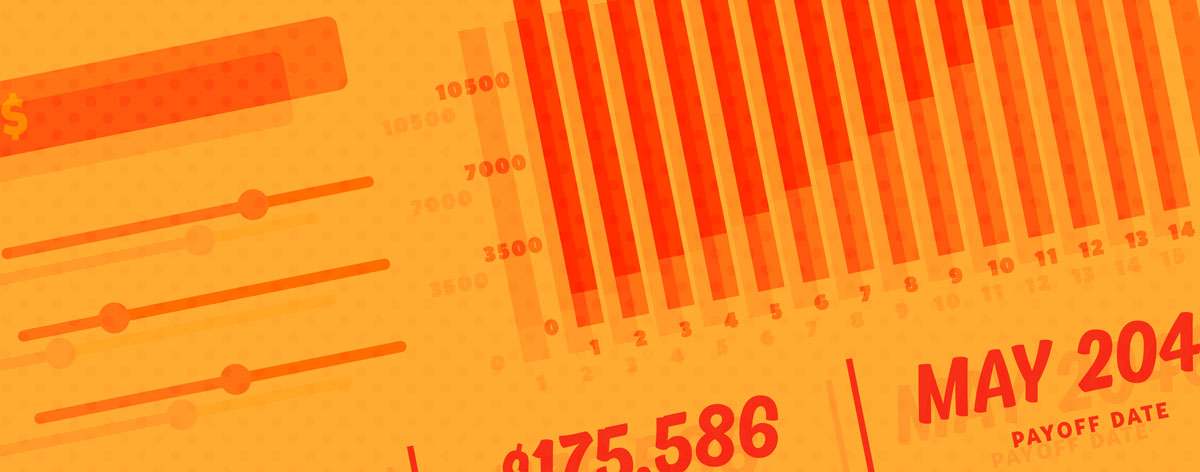When You Can't Afford Your Minimum Payments
In this article:
It’s scary to find yourself in a situation where you can’t afford your monthly debt payments. Whether that’s due to a sudden life change, like a job loss or illness, or if you’ve simply found yourself unable to keep up, there are steps you can take.
Though it may feel tempting to pretend like your loans or credit cards don’t exist, it’s unwise to hide from debt payments or avoid making them. Doing so makes it harder to get out from under the debt as interest, late fees, and penalties build up. The best thing to do is take action as soon as you find yourself beginning to fall behind. The sooner you make a plan, the sooner you can regain control over your financial situation. The emotional and financial relief that taking action can bring will make facing your debts worth the effort.

One of the best things you can do to improve your situation is to call your lender. Chances are they’ll be willing to work with you if you’re struggling to make your payments. That’s especially true during a recession, natural disaster, or other large scale event with an economic impact. Beyond simply wanting to help, lenders have a financial incentive to do so. If your lender can’t get a hold of you to pay your debt or if you go too long between payments, they’re often forced to send the debt to a collection agency. So, often lenders are eager to help you make a plan to pay off your debt without involving collectors. Not only does this help you avoid the stressful collection process, but it can save you from negative impacts on your credit.
If you’re not sure where to start, there are two approaches that may be effective in helping you get out of debt: a debt snowball or a debt avalanche. Taking the debt snowball approach means that you focus on paying off your smallest debt first, then roll the amount that you were paying into the next smallest, and so on until you’ve paid everything off. The debt avalanche method, on the other hand, is when you pay off the debt with the highest interest percentage rate first, and then work your way down, saving you more in interest rates.
Depending on your situation and credit score, refinancing your loans may help with your payments. Refinancing essentially means that you take out another loan to pay off your current one. This may allow you to get a lower interest rate and monthly payment. But there are also drawbacks. Often, in order to lower your payment, you’ll need to change the term of your loan, making it longer. That means that while your monthly payment may go down, the amount that you paid for the loan all together will go up. There also may be fees associated with refinancing, depending on the type of loan. For example, if you refinance a mortgage, you may need to pay closing costs, fees for paying the loan off early, and application fees. Finally, trying to refinance can impact your credit, and depending on the terms of the current loan, you may not be able to get a more affordable one. If you think refinancing may help your situation, talk to your lender about your options.
If you’re feeling overwhelmed and believe you may benefit from individualized help, it may be worth hiring a professional or working with a non profit that offers debt relief services such as a financial advisor or a debt counselor. There is no shame in getting help and actively improving your situation. These professionals can assist you in making a plan and walk you through strategies that will work best for your situation. But be sure to choose someone that you trust. Research various companies or individual counselors to learn more about their background and experience. Above all else, you should only agree to work with someone if you feel comfortable with the advice that they give you. To learn more about finding a reputable credit counselor, check out this article from the FTC .
Neither Banzai nor its sponsoring partners make any warranties or representations as to the accuracy, applicability, completeness, or suitability for any particular purpose of the information contained herein. Banzai and its sponsoring partners expressly disclaim any liability arising from the use or misuse of these materials and, by visiting this site, you agree to release Banzai and its sponsoring partners from any such liability. Do not rely upon the information provided in this content when making decisions regarding financial or legal matters without first consulting with a qualified, licensed professional.

